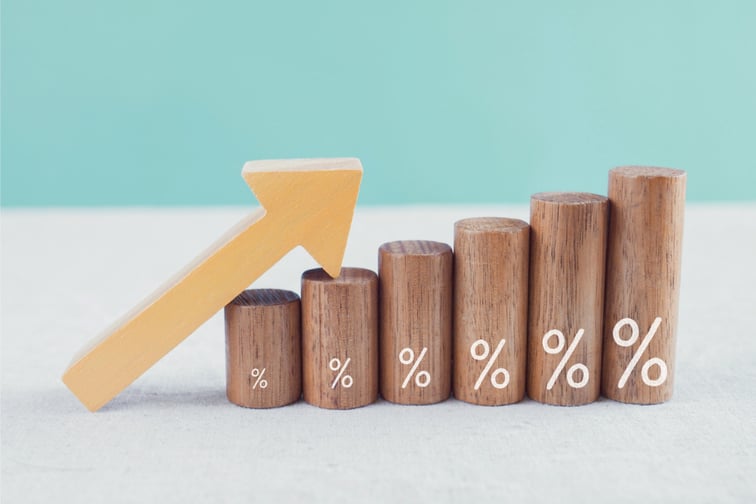

The Reserve Bank of Australia has finally opened its door to the first interest rate increase in more than a decade, as it dropped its willingness to be “patient.”
During its April policy meeting, Australia’s central bank retained its cash rate at 0.1% but noted inflation had picked up and was likely to increase further, while unemployment had slipped faster than expected to 4%.
In a statement, RBA Governor Philip Lowe said, “over [the] coming months, important additional evidence will be available to the board on both inflation and the evolution of labour costs,” adding that “the board will assess this and other incoming information as its sets policy,” omitting any reference made in previous statements to the board being patient, Reuters reported.
Lowe previously said that it was plausible the first hike would come later this year, while markets had long predicted an earlier move given how inflation has taken off.
Data for consumer prices will be out on April 27, with analysts suspecting it could show a 1% jump or more in core inflation in the first quarter to take the annual pace to 3.2%. If that happens, that would be the first time core inflation exceeded RBA’s 2-3% target band since early 2010 and make it harder for the bank to justify retaining rates at emergency lows.
“The retirement of the ‘patience’ mantra is an acknowledgement that like the rest of the developed country complex, inflation in Australia has and will surprise with its magnitude and momentum,” GSFM investment strategist Stephen Miller told Reuters. “The RBA wishes to avoid meeting an inflation target by causing a recession, or allowing high and potentially destabilising inflation to persist well into 2023.”
Financial markets have long been priced for a June rate rise to 0.25%, and implied no less than six more hikes to 1.75% by the end of the year. Yields on three-year bonds increased six basis points to 2.46% this week, having already spiked 87 basis points in March, Reuters said.
That aggressive outlook partly reflects expectations of a 50-basis-point raise by the US Federal Reserve in both May and June, adding to pressure for other central banks to follow.
Any RBA hike would shock Australian borrowers, as they have not seen an official increase since 2010 and households are sitting on record levels of mortgage debt, Reuters said.
